As 2026 approaches, travelers are looking for destinations that offer authenticity, exclusivity, and transformative experiences. At Experiential Travel, we curate journeys beyond the obvious, where wildlife thrives, landscapes remain unspoiled, and immersive cultural connections create unforgettable memories. This guide highlights 10 of the best places to visit in 2026, each offering something truly unique. Whether you're a seasoned safari-goer or planning your first African adventure, these destinations promise extraordinary encounters.
How to Choose the Right Safari – and the Right Safari Planner to Help Plan It
Dreaming of an African safari? 🦁🌍 With so many destinations, lodges, and options, planning the perfect safari can feel overwhelming.
Should you book direct? Work with a specialist? What’s the best type of safari for you?
This guide breaks down the key questions you should ask—so you can choose the right safari and the right expert to help plan it.
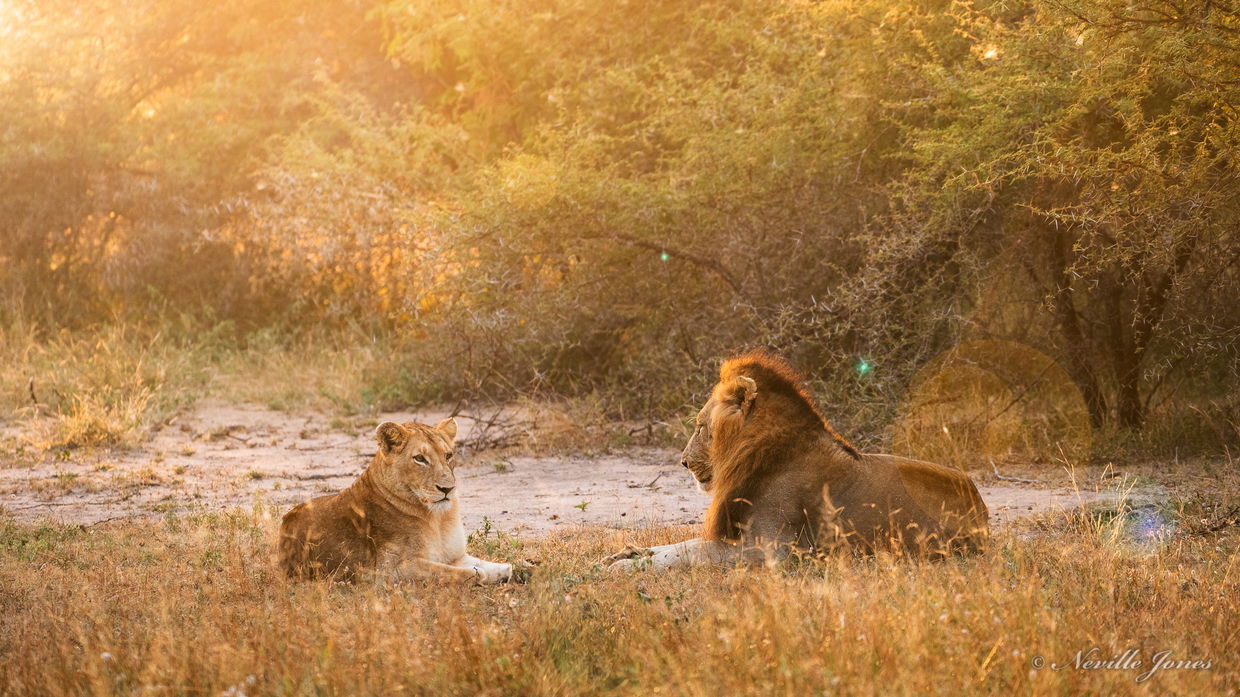
An African safari is a dream trip for many people. It’s a chance to experience some of the world’s most incredible wildlife in vast, breathtaking landscapes. But planning a safari is unlike booking a regular vacation. With 54 countries, hundreds of destinations, thousands of camps, lodges, and options, it’s easy to feel overwhelmed.
Beyond choosing where to go and what type of experience you want, one of the most critical decisions is who you book with. Many travelers assume that booking directly with a lodge or an African operator will get them the best deal, or that the lowest price represents the best value—but in reality, that’s often not the case. More importantly, there are real risks involved that many don’t consider.
This guide will help you ask the right questions—whether you're choosing a safari or deciding who should help plan it.
1. What Kind of Safari is Right for You?

Not all safaris are the same. Your ideal safari depends on how much comfort you expect, how you like to travel, and how much you're willing to spend. The lines between categories can sometimes blur, but here’s a general way to think about it:
Are you looking for the lowest-cost safari and willing to rough it?
➡️ Consider an Overland Safari
- Large (16+ passenger) trucks with a mix of camping and budget lodging.
- You may be expected to participate in cooking, setting up/breaking camp, and cleaning.
- Shared ablutions (communal bathrooms).
- Typically follows set group departures with a fixed itinerary.
- Ideal for young, budget-conscious travelers who are happy with a more social, hands-on experience.
- Indicative Price Range: $150–$400 per person per day.
Do you like rustic camping but prefer a more personal experience?
➡️ Consider a Mobile Safari
- A small group or private experience where the camp moves with you.
- Ensuite facilities (often long-drop toilets and bucket showers).
- No participation required—staff handle all camp logistics.
- More remote locations with excellent wildlife experiences.
- Some mobile safaris offer unexpected luxuries, like flushing toilets or spacious tents.
- Indicative Price Range: $400–$700 per person per day.
Do you need a flushing toilet and a comfortable bed?
➡️ Start looking at Luxury Safaris
- Permanent or semi-permanent tented camps and lodges.
- Private or semi-private game drives with experienced guides.
- Ensuite bathrooms with proper plumbing (flushing toilets, hot showers).
- High-end service, quality food, and exclusive locations.
- This category varies widely, from stylish but simple bush camps to ultra-luxury lodges with private plunge pools and personal butlers.
- Indicative Price Range: $600–$2,500++ per person per day, depending on exclusivity and location.
While these categories offer a starting point, many safaris don’t fit neatly into one box. Some mobile safaris now feature flushing toilets, and some high-end lodges offer simpler "back-to-basics" bush camps. The key is to understand your comfort threshold and choose an option that aligns with your expectations.
2. Understanding Consumer Protection and Booking Risks
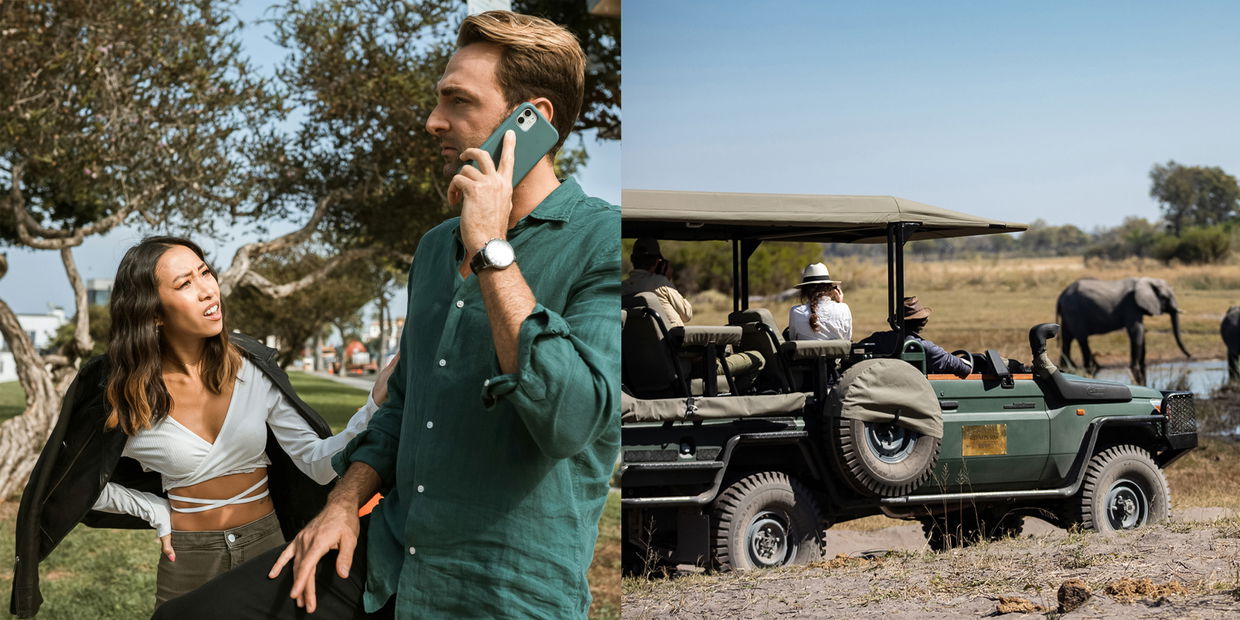
Many travelers assume that booking directly with a lodge or a local agent in Africa is a safe and cost-effective option. However, there are significant consumer protection considerations to keep in mind:
- Exercising consumer rights in a foreign country is difficult. If a dispute arises (e.g., cancellations, refunds, service failures), your legal recourse may require local legal counsel and will be governed by the local laws of the country where the business operates, which may offer limited protection.
- Travel insurance doesn’t cover everything. If a lodge goes out of business, if park fees increase unexpectedly, or if you’re stranded due to a logistics failure, insurance may not cover all losses.
- Booking with a certified operator in your home country provides added security. Companies that are registered and certified in your home country are subject to the consumer laws and financial protections of that jurisdiction.
- Reputable safari specialists comply with strict industry standards. Look for operators certified by recognized travel industry bodies (e.g., ATAS in Australia, ASTA in the USA, ABTA in the UK).
3. Choosing the Right Safari Planner
Overland Safari Specialists
- Focus on high-adventure, low-cost experiences for large groups.
- Ideal for travelers seeking budget-friendly, structured itineraries with fixed departures in larger groups.
- Look for adventure travel agents primarily selling rafting, hiking, trekking, etc.
Mass Market Operators
- Large lodges (with dozens or even hundreds of rooms) and groups of lodges have substantial marketing budgets to produce attractive brochures to support consultants with no Africa knowledge in generalist travel agencies.
- Look for local travel agents with racks of brochures or large online travel platforms that buy in bulk and sell with glossy TV ads.
- Ideal if you prefer structured, mass-market holiday packages.
Bespoke Safari Specialists
- Craft tailor-made itineraries featuring small, intimate, and world-class experiences.
- Offer deep firsthand knowledge and personalized service.
- Best for those who want an immersive, exclusive, and seamless safari experience.
- Look for authentic experts who spend a good proportion of their working lives in Africa.
4. Final Thoughts: Making an Informed Choice
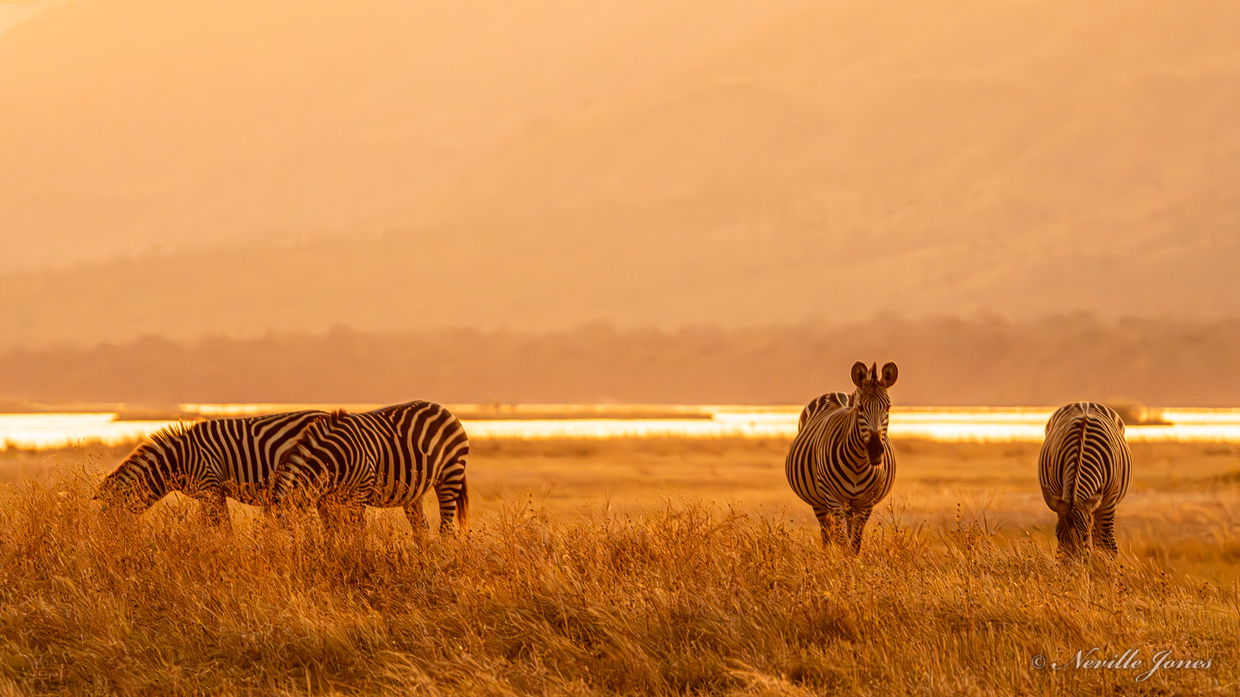
A well-planned safari is not just about where you go, but how well the journey is orchestrated. The best safaris are personalized, seamless, safe, and filled with unforgettable moments—without the stress of unexpected surprises.
If you’re thinking about planning a safari and want expert advice, start by asking the right questions. The best safari is one that’s thoughtfully designed, properly protected, and tailored to your unique preferences.
You’ll know when you’ve found an expert planner if they start by asking you the right questions.
Further Reading
🎭 Travel is Live Theatre – Why a Safari is More Than a Documentary 🎥 With today’s high-definition documentaries, you can see Africa’s wildlife in breathtaking detail without leaving your couch. So why do travelers still invest in a safari? Because watching is not the same as experiencing. A safari is like live theatre—organic, unscripted, and immersive. Unlike a film, where every scene is edited for perfection, a journey into the wild...
No safari operator can guarantee that nothing unplanned will happen. Weather, wild animals, remote locations and more can conspire to interrupt a perfect safari, regardless of how much effort goes into the planning. We spend countless hours understanding our guests' dreams, expectations and preferences. We spend even more time planning their movements and activities for every minute of their safari. But despite all this, occasionally things do indeed go wrong. That's when...

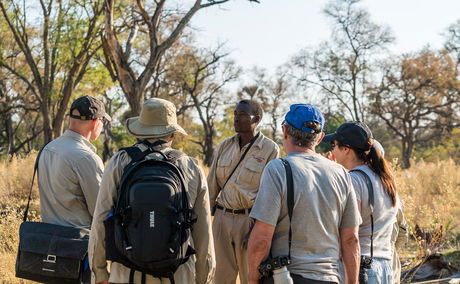
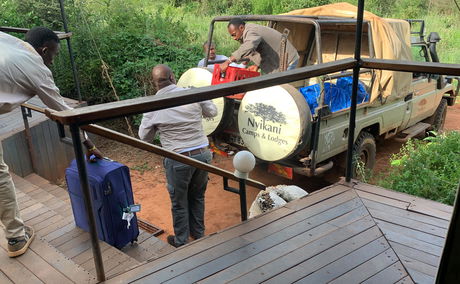
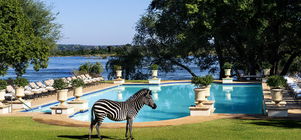
Share This Post